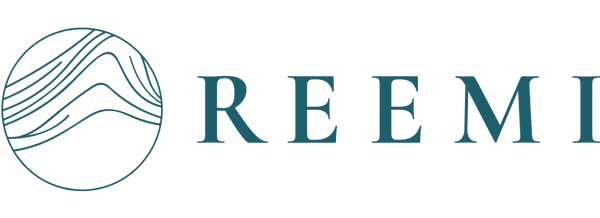
The Hero Complex
Share
The world needs us! We can save the world! We know what's best! And other western myths.
Let's talk about the elephant in the room. It’s a complex subject but we want to try address it as best we can.
We are two young ladies that have grown up in New Zealand, not Bangladesh. Our heritage is predominantly western cultural values, and although Emily shares a dual heritage of Chinese, one Asian understanding doesn’t translate across all Asian cultures. We both speak English. The odds kinda sound like we might be on the road to having a Saviour Complex or two.
To be very simplistic, our options are either; do something or don’t. So if we do, how can we best prevent the negative consequences of THC?
First, we need to really get to the absolute core and root of our motivation.
Are we starting Reemi out of guilt of our own privilege? Are we needing significance and to stroke our own ego? Do we find our identity in being a hero? Do we have a need to be needed?
If we start from any of these places of motivation, it’s not going to lead us down a very helpful track; pride becomes the prize. We want to walk a different way.
Listen: Which means not assuming we know the answers. Our first actionable step, is that we actually listen to women we are partnering with to understand both their needs, their assets and what they want (not just what they need).
Partnerships: Rocking up to Bangladesh on our own with our suitcases in tow, is probably about the worst idea ever. We need to build partnerships with organisations that already exist and are already doing amazing work before we book our one-way ticket. We are grateful to have established relationships with incredible local organisations.
Humility: The antidote to pride is humility. We don’t know the answers and therefore, shouldn’t presume we do. It means asking for help and relying on other people. Interdependence is the true goal and you’re never going to truly serve people, if you are the only one giving.
Language: We want to be vigilant in avoiding the "Us and Them" narrative. We want to talk about serving & partnering, not helping. Our intent is to use language that is about the beauty we encounter and not about us being the hero at the end of a story. We want to get out of the way.
Relationships: One of the heartaches we see from the culture of fundraising is that numbers become the ultimate goal. We need to report back about the number of women we have impacted. Not the quality. We know that building relationships will see the most effective long-term change and that doesn't happen overnight. How can we best measure "impact" for donors?
What Next?
In essence, we can’t do this on our own. We need your help. We want to invest time and resources into research and interviews, to meet with women in the communities we are working alongside and to really listen. We want to test our idea and see if it fits, and not presume we know what is best.
Thankfully, we are doing this in partnership. As we work alongside other organisations, we will also be spending time learning from them and giving back before we dive right in.
Follow our journey as we work this out, and step into this adventure with a listening posture.
Ps. Are we getting it wrong? Let us know. Send us an email if you spot language, ideas or thoughts that might re-emphasize THC.

